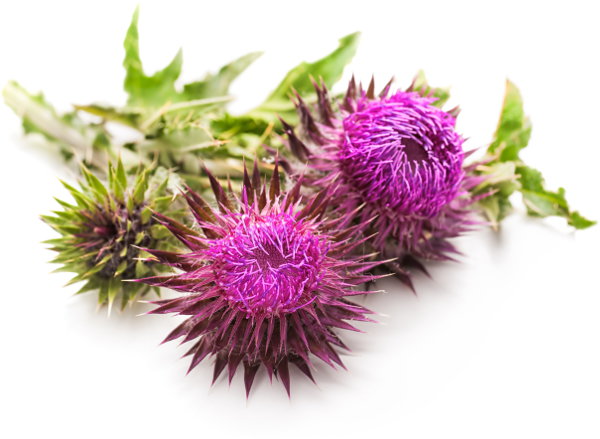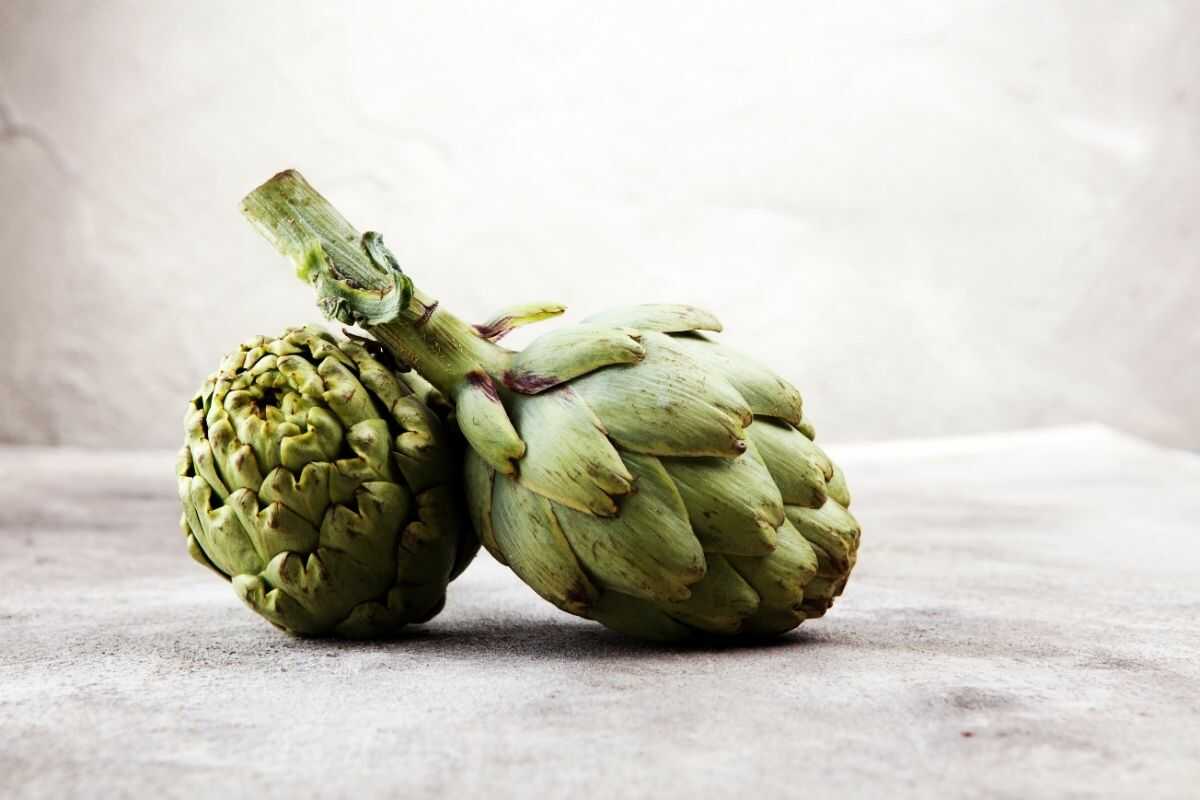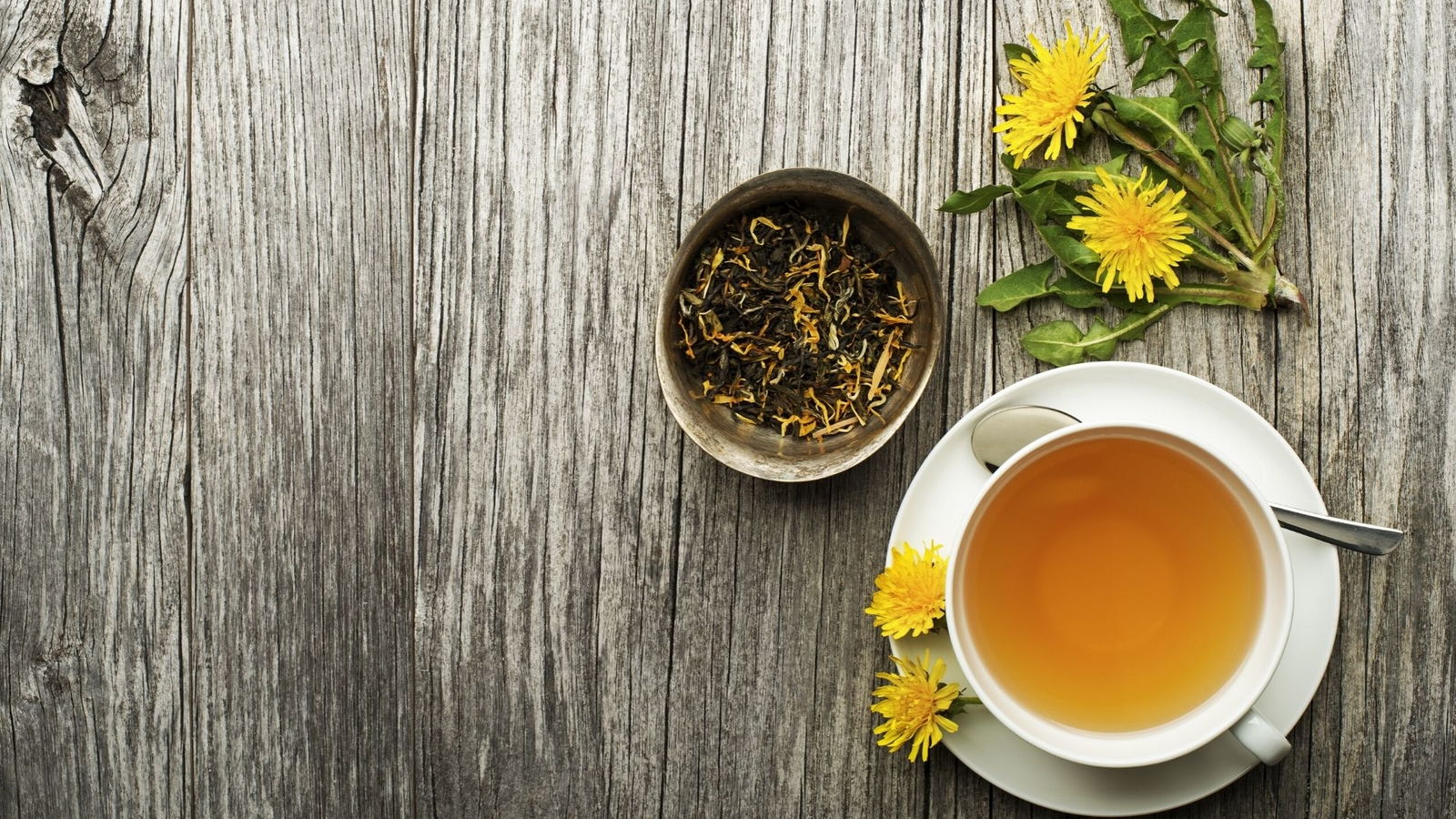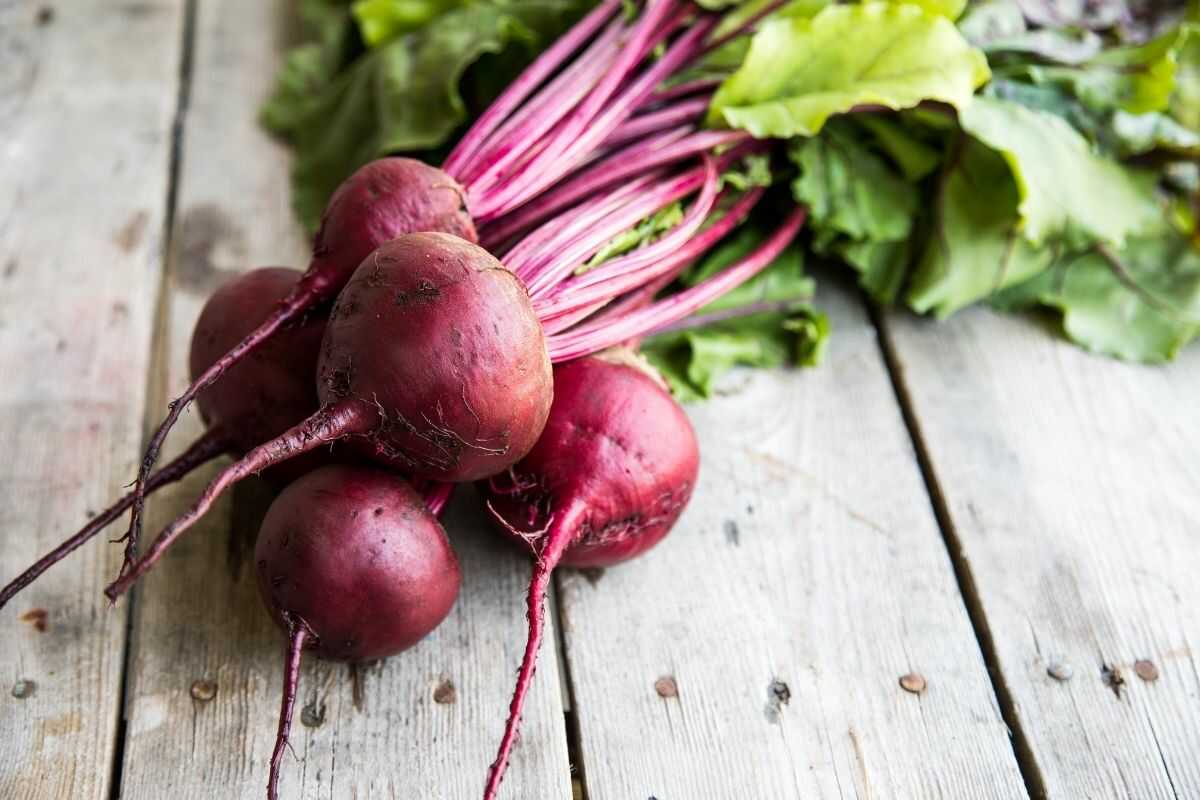The liver is the largest gland in the human body and at the same time, the most important organ for our well-being. In fact, it works as a first filter towards all those substances that we introduce from the outside, such as foods, drugs or unwanted substances, intervening in their metabolization and protecting us from damage and adverse effects due to an accumulation of toxins and waste.
Having a healthy and perfectly functioning liver is the first requirement to feel good and it is essential to take care of it also thanks to natural extracts that support normal liver function.
Fatigued liver: symptoms

The liver is an organ in constant and incessant activity, given the countless biochemical processes in which it is involved. Per this reason, it could suffer fatigue, especially in cases where unhealthy habits are conducted (abuse of alcohol and drugs and consumption of industrial foods) that increase the workload in an immeasurable way. The adaptability of the organ is thus overcome and if the variations with respect to natural homeostasis continue into chronic problems, problems may arise.
A liver malfunction affects the entire organic physiology, altering the state of well-being on several fronts. In fact, disorders such as:
- Digestive difficulties and problems with the gastrointestinal tract
- Metabolic disorders
- Abdominal swelling
- Mental and physical fatigue
- Disturbances in sleep
- DISORDERS
- Skin rashes
- Immune susceptibility
It is therefore very important to take care of our "natural filter" by adopting an active, healthy lifestyle and, above all, by feeding on natural foods with high nutritional density, to optimize the functions of the liver and promote its detoxification , purification and regeneration processes. mobile phone.
Natural extracts that support liver purification
Many nutraceutical supplements support the liver in both physiological and pathological conditions. Generally, these compounds are classified into three main categories on the basis of the effects, although concomitant actions are not to be excluded:
- Antihepatotoxic : counteract the effects of agents that cause inflammation.
- Hepatotropic: they support normal functions and cell regeneration processes.
- Hepatoprotective : they play a preventive and protective role against potential malevolent factors.
As we know, most nutraceuticals are of plant origin. Also for the liver, a valid help is provided by nature: many plants contain molecules capable of stimulating and supporting liver functions, acting as real natural boosters and purifiers of the liver. Plants known to be beneficial include:
Milk thistle

Inevitable, a must when it comes to liver health. The milk thistle is rich in silymarin , a mixture of compounds belonging to the class flavonolignan , which represent the actual protective element. Milk thistle works by preventing toxins and free radicals from accumulating inside the cells, preserving them from the damage that would be generated in chronic. Furthermore, it is able to exert a regenerative action, favoring the formation of new liver cells, a known and unique property of the liver. Silymarin also exhibits antioxidant properties, as it is able to increase the levels of glutathione, the antioxidant par excellence, whose reserves are mainly present in the liver, avoiding its exhaustion. The evidence regarding the functions of cardio marian is so solid that it justifies its adjuvant use worldwide for many of the known liver diseases, including steatosis , hepatitis and cirrhosis .
Artichoke

Another interesting plant for liver health from whose leaves silymarin is extracted is the artichoke. To the previously described benefits is added its ability to regulate cholesterol , an aspect that should not be underestimated considering the central role of the liver in the metabolism of this compound. It can therefore be useful in conditions that involve an abnormal accumulation of lipids such as, for example, steatotic states (fatty liver, so to speak). It also contains cynarin, a molecule that appears to stimulate the production of bile, facilitating the digestion processes.
Berries (blueberry, aronia, elderberry, blackberry, raspberry)

Berries and red fruits are very rich in anthocyanins , capable of lowering free radicals and other molecules that would be toxic if in excess. In addition, some studies show an inhibitory action of anthocyanins on the lipid accumulation inside the hepatocytes, a useful property also in this case from a preventive point of view.
Dandelion

The recognized draining and purifying properties are also fundamental for liver health. In fact, by favoring the functionality of the biliary system, dandelion facilitates the processes of disposal of toxins and other harmful metabolites. To the diuretic action of dandelion is added, as in the case of artichoke, a stimulating action on the production of bile and the emptying of the gallbladder, with benefits for digestion.
Beet

Very dense from a nutritional point of view, beetroot contains fiber, minerals such as manganese and potassium and vitamins such as folic acid ). Fibre such as pectin can be useful as they "screen" any harmful compounds in the intestine, avoiding their absorption and reducing the quantity that reaches the liver which consequently works "less". Beetroot extract or juice is often used as a tonic and powerful antioxidant due to the presence of betalain and other bioactive compounds.
How do you take care of your liver? Do you know other natural remedies? Write it in the comments!
Bibliography
[1] Dhiman, A., Nanda, A., Ahmad, S., 2012. A recent update in researchon the antihepatotoxic potential of medicinal plants. J. ChineseIntegrative Med. 10, 117–127
[2]Gupta, C. Ramesh., Nutraceuticals: Efficacy, Safety and Toxicity, Academic Press, Elsevier (2016)
[3] Madrigal-Santillan, E., Madrigal-Bujaidar, E., Alvarez-Gonzalez, I.,et al., 2014. Review of natural products with hepatoprotectiveeffects. World J. Gastroenterol. 20, 14787–14804
[4] Loguercio, C., Festi, D., 2011. Silybin and the liver: from basic researchto clinical practice. World J. Gastroenterol. 17, 2288–2301
[5] Ben Salem M, Affes H, Ksouda K, et al. Pharmacological Studies of Artichoke Leaf Extract and Their Health Benefits. Plant Foods Hum Nutr. 2015;70(4):441-453. doi:10.1007
[6] Aksu, Özlem & Altınterim, Başar. (2013). Hepatoprotective effects of artichoke (Cynara scolymus). 10.13140/2.1.1127.9043.
[7] Valenti, L., Riso, P., Maxxocchi, A., et al., 2013. Dietary anthocyaninsas Nutritional therapy for nonalcoholic fatty liver disease. Oxid.Med. Cell Longev. 2013, 145421
[8] Devaraj, Ezhilarasan. (2016). Hepatoprotective properties of Dandelion: Recent update. Journal of Applied Pharmaceutical Science. 6. 202-205. 10.7324/JAPS.2016.60429.
[9] Roy, S.D., Das, S., Shil, D., et al., 2012. Herbal hepatoprotective agents:a review. World J. Pharmaceut. Res. 1, 87–99
